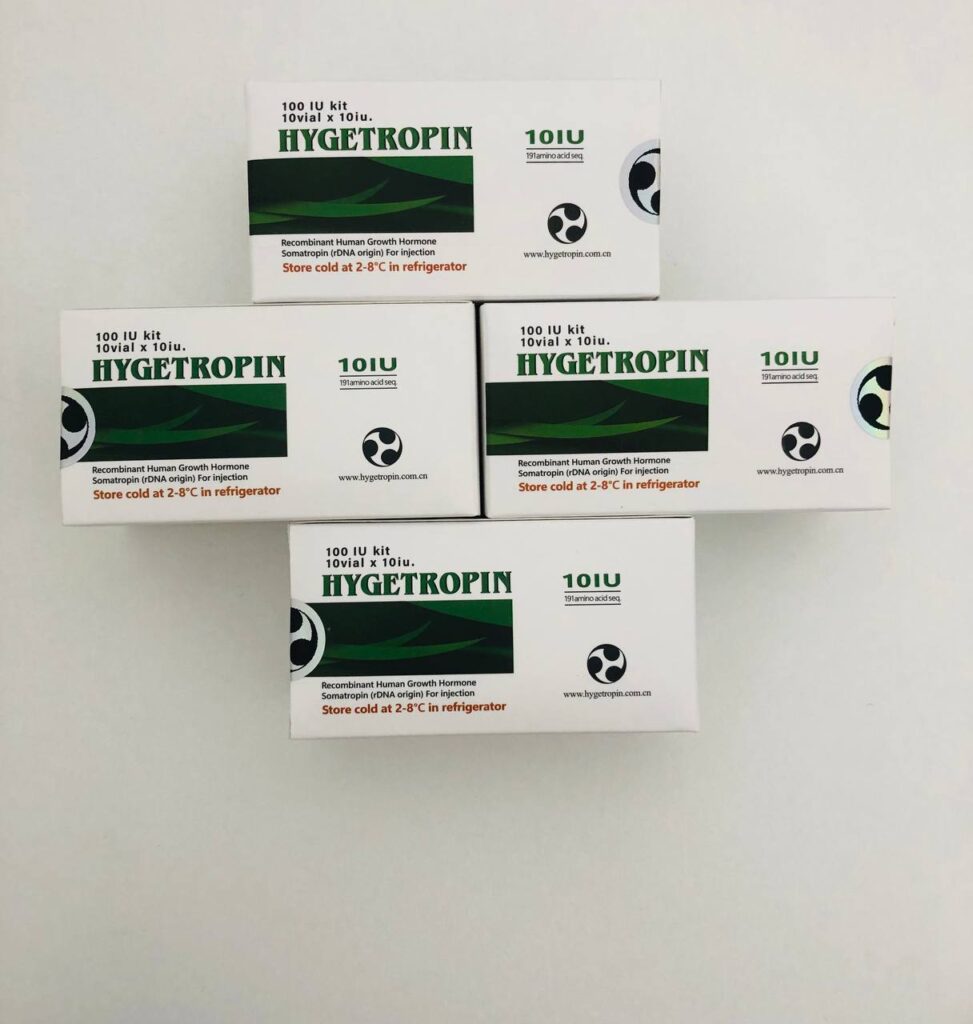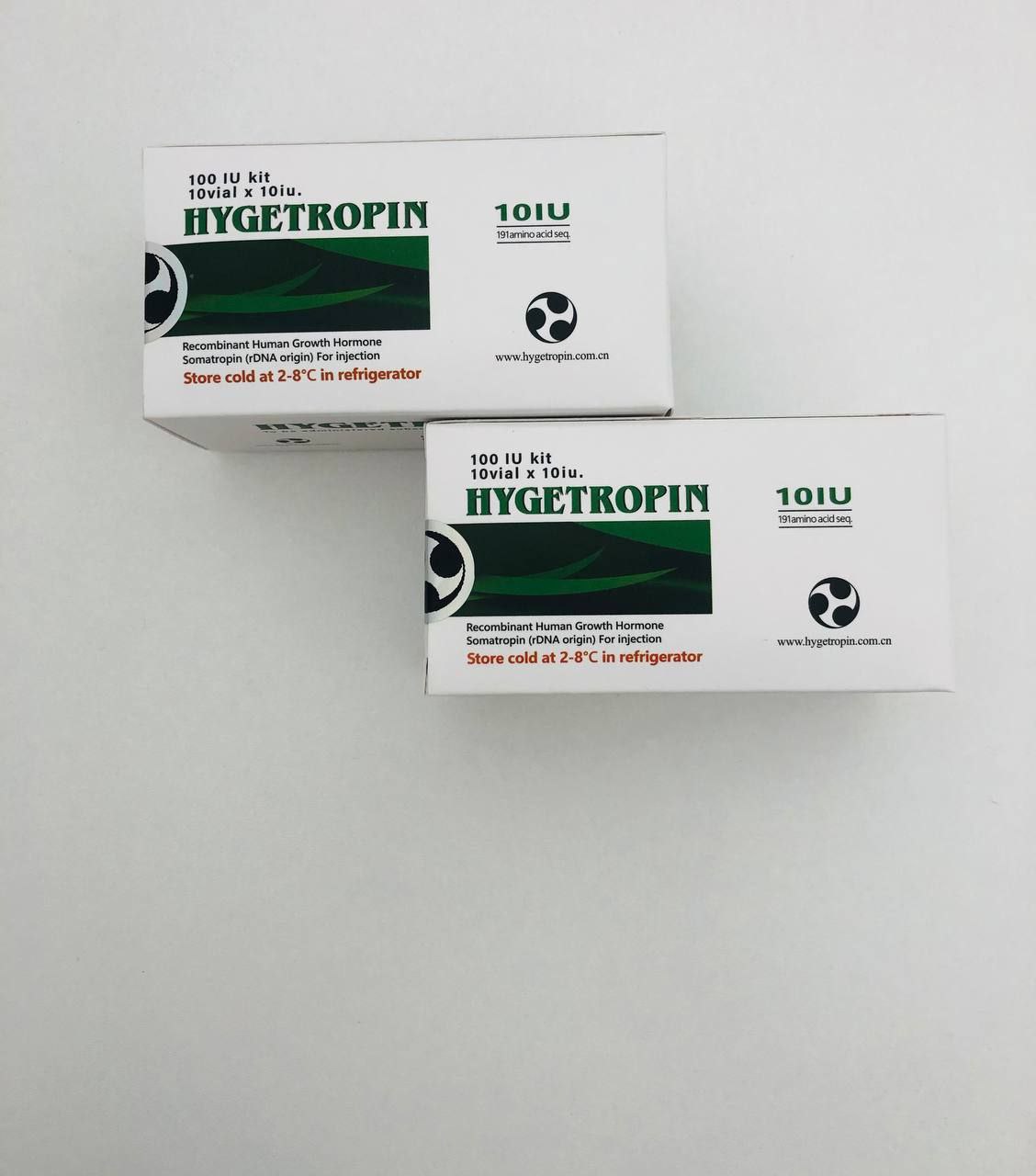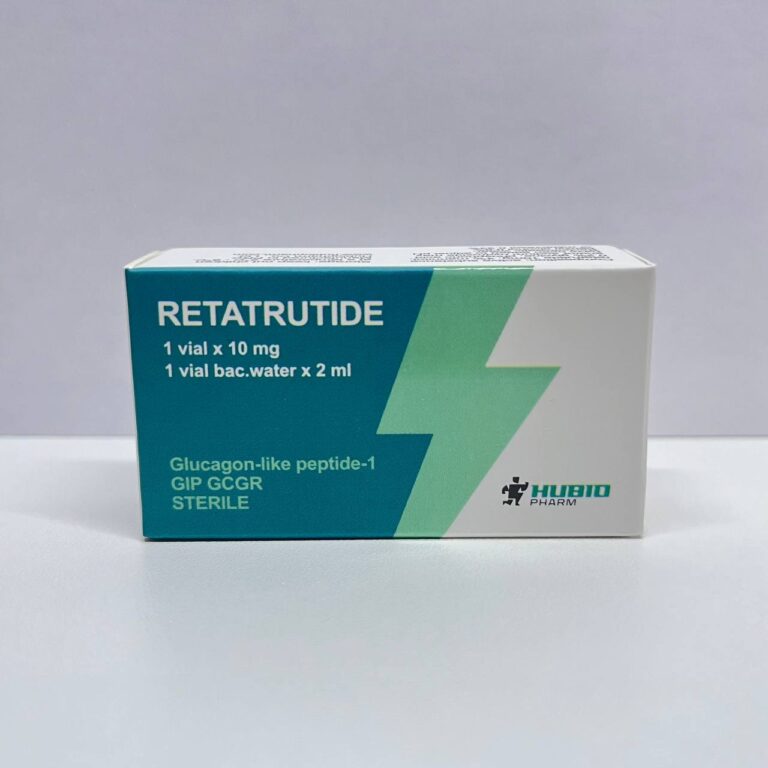Hygetropin, a synthetic form of human growth hormone (HGH), has gained widespread attention for its potential benefits in muscle growth, fat loss, and overall health. But one of its most intriguing aspects is its impact on metabolism. Can Hygetropin, or somatropin, really boost your metabolic rate, enhance fat-burning, and support long-term weight management?
In this post, we’ll explore the science behind how Hygetropin influences your metabolism and what that means for your fitness and weight loss journey.

The Role of Growth Hormone in Metabolism
Growth hormone (GH) plays a crucial role in regulating several key physiological processes, including metabolism. Metabolism is the set of chemical reactions in your body that convert food into energy, supporting everything from cellular repair to fat breakdown. Essentially, a higher metabolic rate means your body is more efficient at burning calories and using them for energy rather than storing them as fat.
As we age, natural growth hormone levels tend to decline, leading to a slower metabolism, increased fat accumulation, and loss of muscle mass. This is where Hygetropin steps in as a synthetic form of GH, designed to mimic the effects of naturally occurring growth hormone, potentially revving up your metabolism and helping you manage your weight.
How Hygetropin Affects Fat Metabolism
One of the most well-documented effects of Hygetropin is its ability to stimulate lipolysis, or fat breakdown. Growth hormone triggers the release of stored fat (triglycerides) from fat cells, making it easier for your body to use fat as a primary energy source. This process not only helps in fat reduction but also prevents the accumulation of new fat, which is especially beneficial for those looking to lose weight or maintain a lean physique.
Increased lipolysis, coupled with a boosted metabolic rate, means that Hygetropin can potentially help you burn more calories throughout the day, even when at rest. This makes it easier to achieve and maintain a calorie deficit—an essential component of fat loss.
Hygetropin and Muscle Preservation
While many weight loss strategies lead to both fat and muscle loss, Hygetropin has the unique ability to preserve lean muscle mass while promoting fat loss. This is crucial because muscle tissue is metabolically active, meaning it burns more calories than fat tissue. The more muscle you have, the higher your resting metabolic rate (RMR), which can further support weight management.
By stimulating protein synthesis (the process of building muscle) and reducing muscle catabolism (muscle breakdown), Hygetropin helps ensure that the weight you lose is primarily fat, not muscle. This preservation of muscle mass also means that you can maintain strength and physical performance, even while losing fat.
Energy and Performance Boost
Another significant benefit of Hygetropin is its ability to increase energy levels. By improving the body’s ability to utilize fat for fuel, Hygetropin can provide a sustained energy boost, which is especially useful for maintaining physical activity and endurance. This can be particularly helpful for those who struggle with low energy levels during weight loss phases or long training sessions.
Higher energy levels can lead to more intense workouts, increased caloric expenditure, and ultimately, more efficient fat loss. Additionally, by improving recovery times and reducing muscle soreness, Hygetropin allows you to train more frequently and consistently, further enhancing your fitness progress.
Long-Term Weight Management and Metabolic Support
Beyond its immediate effects on fat-burning and energy, Hygetropin can also play a role in long-term weight management. By maintaining lean muscle mass and promoting a healthy metabolic rate, Hygetropin may make it easier to keep the weight off after initial fat loss.
Since it enhances overall metabolic efficiency, Hygetropin can help prevent the common problem of weight regain, which many people experience after a calorie-restricted diet or aggressive weight loss plan. Instead of crashing and losing muscle, those who use growth hormone as part of a well-rounded health strategy may find that they can more easily maintain their results in the long run.
Considerations for Hygetropin Use
While Hygetropin offers significant metabolic benefits, it’s essential to remember that growth hormone therapy isn’t a magic bullet for fat loss. To get the most out of Hygetropin, it should be part of a comprehensive approach that includes:
- A balanced, calorie-appropriate diet
- Strength training to preserve and build muscle
- Cardiovascular exercise to further increase calorie burn
- Proper sleep to support recovery and natural GH production
Additionally, because Hygetropin affects hormone levels, it’s crucial to use it under the guidance of a healthcare professional to avoid potential side effects, such as water retention, joint pain, or insulin sensitivity issues.
Final Thoughts
Hygetropin can be a powerful tool for those looking to boost their metabolism, burn fat, and maintain muscle mass. Its ability to enhance fat metabolism, increase energy, and support long-term weight management makes it an attractive option for athletes, bodybuilders, and those pursuing overall health and fitness.
However, for the best results, Hygetropin should be used alongside a well-rounded health and fitness plan. When combined with a healthy diet, regular exercise, and good sleep habits, Hygetropin can help unlock new levels of metabolic efficiency, supporting both fat loss and muscle preservation.




